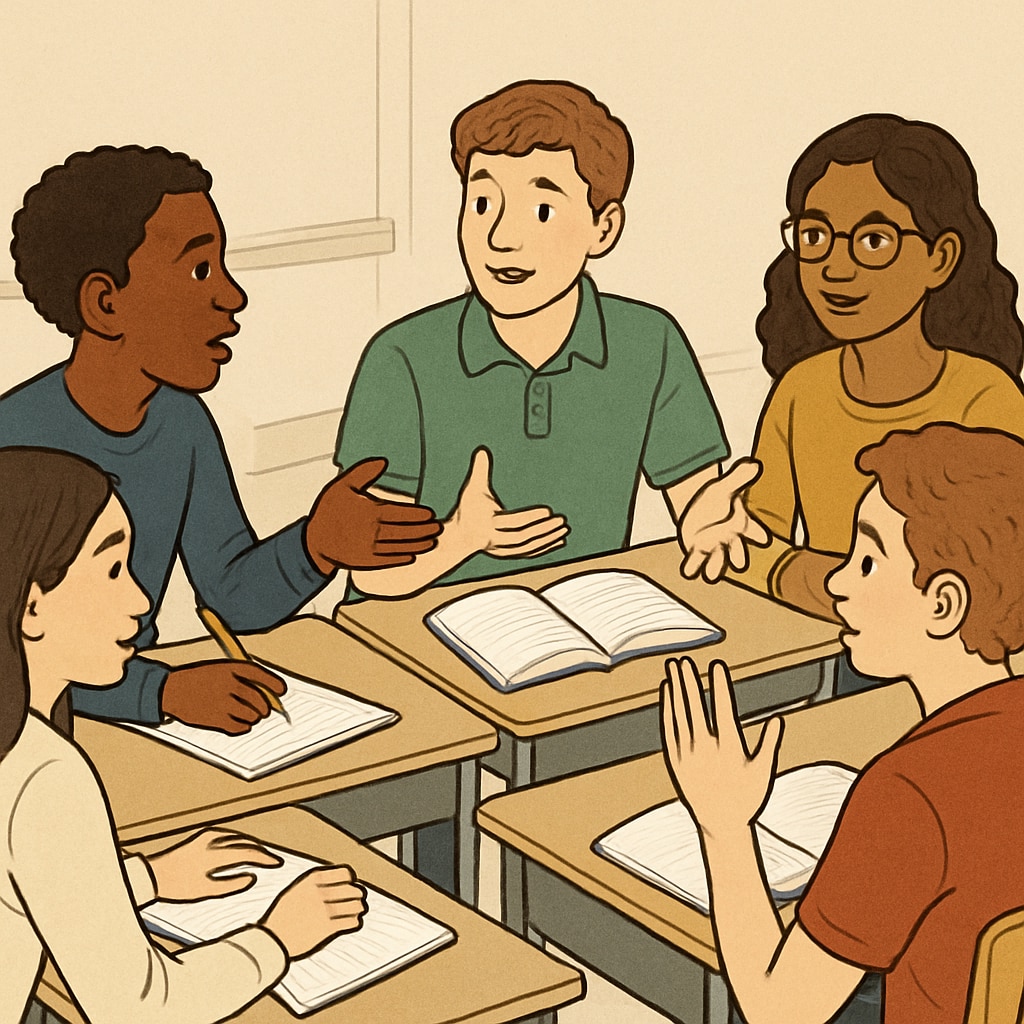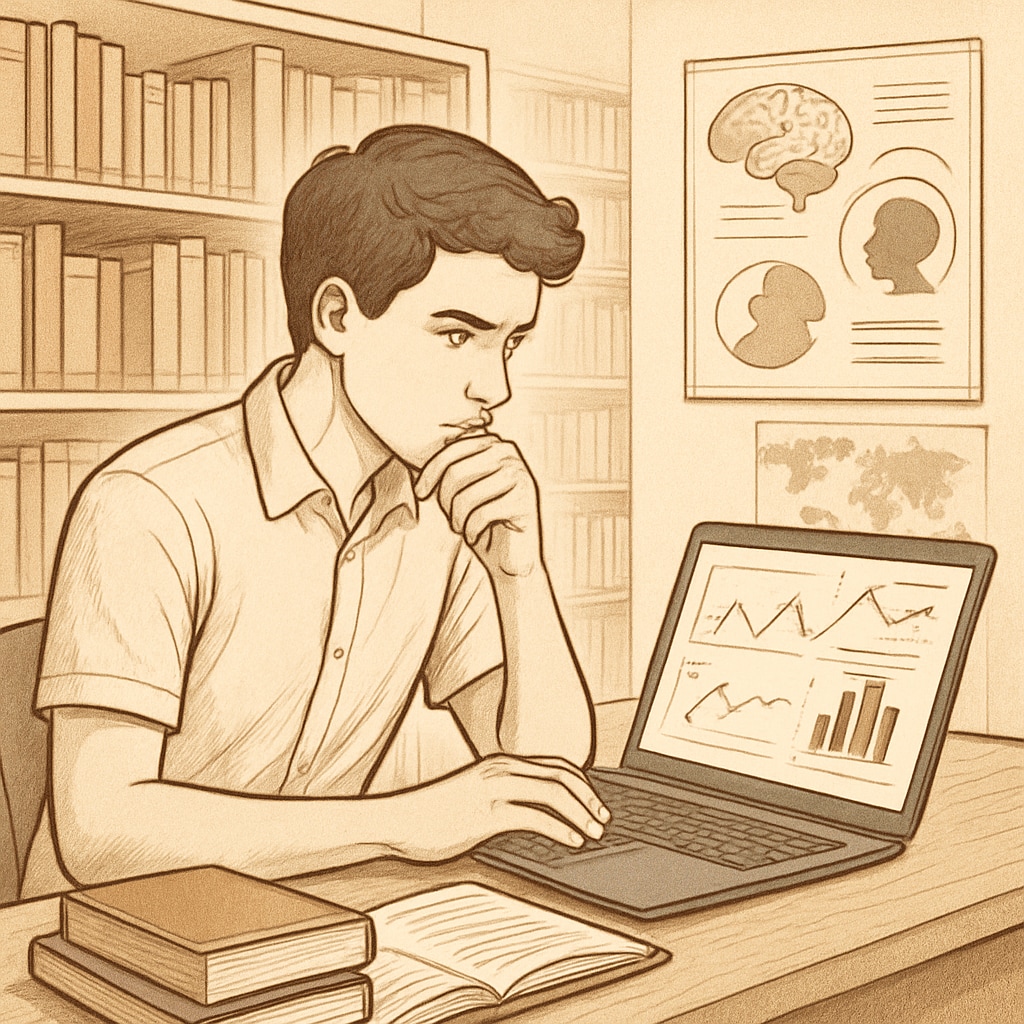Higher education has always been a cornerstone of human development, profoundly influencing education, personal growth, and critical thinking. Beyond academic knowledge, universities and colleges provide a unique environment where students refine their cognitive abilities, develop self-awareness, and cultivate a broader worldview. In this article, we explore how higher education shapes individuals holistically, laying the foundation for lifelong learning and informed decision-making.

The Role of K12 Education in Preparing Minds for Higher Learning
Before diving into the impact of higher education, it is essential to understand how K12 education lays the groundwork for intellectual and personal growth. K12 education equips students with basic skills such as reading, writing, and arithmetic, but its true value lies in nurturing curiosity and discipline. By fostering foundational abilities, K12 education prepares students to tackle the complexities of higher learning.
For example, critical thinking—a skill often associated with higher education—starts developing in earlier years. Teachers encourage students to analyze texts, solve problems, and engage in debates, setting the stage for more advanced cognitive processes later in college. Furthermore, K12 education introduces students to diverse perspectives, helping them to grow into empathetic and inclusive individuals.
How Higher Education Shapes Critical Thinking
Critical thinking, defined as the ability to analyze, evaluate, and synthesize information, is a skill that higher education explicitly aims to develop. Universities often require students to engage with complex theories, conduct research, and defend their arguments in academic settings. These activities foster logical reasoning and problem-solving abilities, which are essential for personal and professional success.
Moreover, higher education encourages students to question preconceived notions and biases. For instance, courses in philosophy, sociology, and history challenge students to consider alternative viewpoints, promoting intellectual humility and open-mindedness. According to Britannica, critical thinking is not just about acquiring knowledge but about applying it effectively in real-world scenarios (Critical Thinking on Britannica).

Personal Growth Beyond Academics
While academic achievements are a significant part of higher education, its impact on personal growth is equally important. Universities provide students with opportunities to explore their identities, values, and aspirations. For example, participating in extracurricular activities, volunteering, and internships allow students to develop leadership and interpersonal skills.
Additionally, the diverse social environment of higher education fosters inclusivity and empathy. Interacting with peers from different cultures and backgrounds broadens students’ perspectives, helping them become more understanding and adaptable individuals. As a result, higher education contributes to the creation of socially responsible citizens who are prepared to navigate a globalized world.
The Long-Term Benefits of Higher Education
The influence of higher education extends far beyond graduation. Graduates often carry the lessons learned during their academic journeys into their personal and professional lives. Skills such as critical thinking, effective communication, and adaptability make individuals more competitive in the job market and more effective in their roles.
Furthermore, higher education instills a lifelong love for learning. Many graduates continue to seek knowledge through professional development programs, online courses, or self-study. This commitment to growth ensures that individuals remain relevant and resilient in an ever-changing world. According to Wikipedia, lifelong learning is a key attribute of higher education’s impact (Lifelong Learning on Wikipedia).
In conclusion, higher education is more than just a pathway to career success; it is a transformative experience that shapes critical thinking, personal growth, and inclusivity. By fostering self-awareness and intellectual curiosity, universities and colleges prepare individuals to contribute meaningfully to society. As a result, the true power of higher education lies in its ability to nurture holistic development and inspire lifelong learning.
Readability guidance: Short paragraphs ensure clarity and engagement. Lists and external links enhance comprehension. Overuse of passive voice and long sentences has been avoided to maintain readability.


